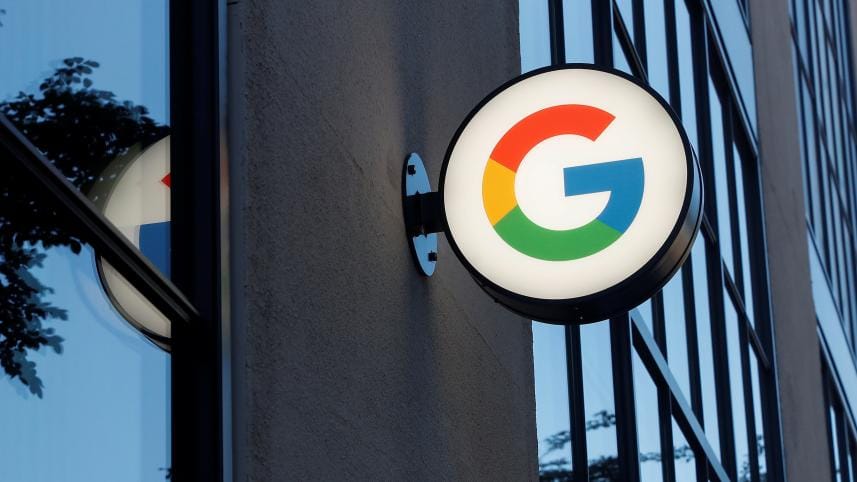Neither precedent nor Trump can save Big Tech

Alphabet, parent of search colossus Google, has suffered the latest setback in a long line of legal challenges. After losing a jury trial against game store Epic Games in December, a judge has now ruled that Google must open a key piece of its Android smartphone operating system. Add to that an imminent squeeze from the Department of Justice, and it's a reminder of how many blows the industry has received under US President Joe Biden. Those hoping for a reprieve if Donald Trump wins back the presidency in November should think twice, though – what's happening goes far beyond the White House.
The injunction issued Monday orders Google to cease various restrictive agreements that effectively neuter third-party app stores on Android. For three years, the search giant must allow rival stores to be downloaded through its own system and provide users access to this catalog. This follows a jury trial won by Epic, which chafed against the steep cut taken by both Google and iPhone maker Apple of all transactions on their phones. Google says it will appeal.
It's hugely consequential. Alphabet hives off as much as 30 percent of the revenue from makers like Epic. And by 2019, the Google Play app store already accounted for $7 billion of the company's operating income, or a fifth of the total, according to court filings. That tax angers plenty of peers that depend on reaching smartphone users.
In practice, user habits may not change all at once. Still, difficulties for Alphabet will keep coming. A case won against Google's control of search is awaiting a follow-up trial over what remedies the government will demand. The DOJ's request, expected Tuesday, could range from nixing revenue-share agreements to a full-blown breakup.
The tech-hostile agenda of President Biden's antitrust enforcers, Lina Khan and Jonathan Kanter, has drawn much gnashing of teeth: LinkedIn co-founder Reid Hoffmann, a Democratic donor, called for Khan to be fired. The list of lawsuits and blocked mergers has hit everyone from Microsoft to Facebook parent Meta Platforms.
A change of administration would matter: merger review could soften; when the Bush administration took over in the middle of the early 2000s case against Microsoft, the push to split it apart ended. But there are much bigger forces pushing against Google and Apple.
That doesn't just mean laws seeking to open app stores in South Korea, Japan or the European Union, though that's all happening. Nor does it end at private lawsuits like Epic's. Smaller tech firms might find themselves gunning for larger ones too. Meta recently unveiled its augmented-reality headset, Orion, following on from similar glasses from social media firm Snap. Their success likely depends on being able to work freely with currently locked-down smartphones.
Venture capitalists and various tech bigwigs might want to personalize this as a fight between innovators on the one side and Khan and Kanter on the other. The truth is, as the DOJ case against Apple effectively framed it, new platforms right now are struggling to be born. Doing so requires pushing aside the restrictions of the old ones for good. That train is going to be hard to stop.
Judge James Donato of the United States District Court for the Northern District of California on Oct. 7 issued an injunction forcing search engine and smartphone operating system giant Google to make several changes to its app store policies.
Under the ruling, which results from a jury trial won by videogame platform Epic Games in December, Google for three years must refrain from various revenue sharing and restrictive partnership agreements preventing the distribution of third-party app stores. In addition, Google must allow alternative app stores to access its catalog of apps, and must allow the download of competing stores through its own.



 For all latest news, follow The Daily Star's Google News channel.
For all latest news, follow The Daily Star's Google News channel.
Comments